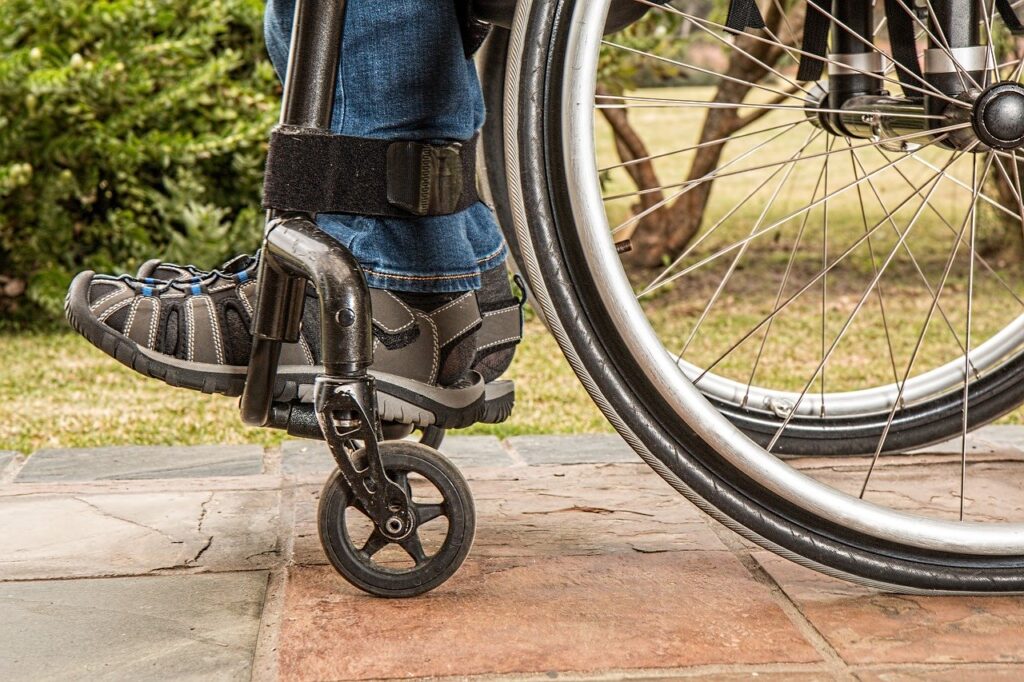Employment discrimination still exists, even in California, but if you face any kind of discrimination at work because of your race, religion, gender, disability, or pregnancy, it needs to stop.
What kinds of discrimination are against the law in California? How do you file a discrimination claim if you need to? Will you need an Oakland discrimination attorney?
The California Fair Employment and Housing Act makes it illegal for most California employers to discriminate against anyone in housing or employment on the basis of the person’s age, race, religion, ethnicity, national origin, physical or mental disability or condition, marital status, sex, gender, gender identity, gender expression, sexual orientation, or military or veteran status. Just about everyone is protected from employment discrimination in California.
Employment discrimination against persons predisposed to a genetic hereditary disease is also against the law in California. So is testing employees for genetic characteristics.
Employers can’t enforce an “English-only” policy, either, unless a business need actually requires the use of English.
HOW DO YOU FILE A CLAIM FOR EMPLOYMENT DISCRIMINATION?
If you are a victim of any type of workplace discrimination in California, the first step to take is to file a formal discrimination claim with the California Department of Fair Employment and Housing (DFEH) or with the federal Equal Employment Opportunity Commission (EEOC).
The agencies cooperate to process discrimination claims, so filing a claim with both agencies isn’t necessary, provided you indicate that your claim should be “cross-filed.”
However, if you work for a small business, file your claim with the DFEH. The EEOC only enforces federal law, so it deals only with employers that have fifteen or more employees (or twenty or more for age discrimination claims).
The DFEH deals with businesses that have five or more employees, although if the claim is for harassment, California law will extend to an employer with only a single employee.
Before filing an employment discrimination claim with the DFEH, speak to the agency by calling their employment discrimination hotline.
After speaking briefly with an operator, you’ll be able to schedule an appointment at a DFEH district office in person. More information about the DFEH can be found at the agency’s website: https://www.dfeh.ca.gov.
To file an employment discrimination claim with the EEOC, contact the nearest EEOC office.
You can find that location – and more about the EEOC – at https://www.eeoc.gov/, or you can speak to someone at the EEOC directly by calling 1-800-669-4000.
ARE THERE DEADLINES FOR FILING WORKPLACE DISCRIMINATION CLAIMS?
Yes, there are deadlines for filing claims, so if you are a target of discrimination, take action promptly.
You must file a claim with the DFEH within one year of the date that you experienced the discrimination.
Under federal law, you must file a claim with the EEOC within 300 days of the date that you experienced the discrimination.
If you file with the EEOC, the EEOC may:
– ask you and your employer to participate in a mediation procedure
– ask your employer for a written response to your claim, which is then turned over to an investigator
– dismiss the claim – if you miss the deadline or if the EEOC does not have jurisdiction
When the EEOC investigates an employment discrimination claim, that investigation may involve interviewing witnesses and compiling documents.
When the EEOC determines that no discrimination occurred, you will receive a “Notice of Right to Sue,” which is permission to pursue a discrimination lawsuit through the civil courts.
When the EEOC decides that employment discrimination did in fact occur, the agency will first try to negotiate a settlement with your employer.
If no settlement can be achieved, your case is sent to EEOC attorneys (or in some cases to the Justice Department), who may or may not file a lawsuit on your behalf. If their choice is not to sue, they will send you a Notice of Right to Sue at that time.
HOW LONG DOES AN EEOC INVESTIGATION TAKE?
The average EEOC investigation takes about six months to complete, but the precise length of any particular employment discrimination investigation can depend on any number of factors.
However, a mediated settlement usually takes less than three months once mediation actually begins.
If you are satisfied with the resolution of your discrimination claim by the DFEH or the EEOC, you may not require an attorney or need to file a discrimination lawsuit.
In fact, as part of any settlement or resolution, the DFEH or EEOC may have you waive your right to file a lawsuit independently.
But if your claim cannot be resolved by the DFEH or EEOC, you may need to file your own lawsuit with your own attorney.
However, you can’t just file a lawsuit first. The courts require you to pursue and “exhaust” what are called “administrative” remedies before they will hear an employment discrimination case in either a state or federal court.
Nevertheless, it can’t hurt to have independent legal advice from a skilled San Francisco employment rights attorney at every stage of your fight against workplace discrimination.
WHAT ELSE SHOULD EMPLOYMENT DISCRIMINATION VICTIMS KNOW?
California places no cap on either the compensatory or the punitive damages that an employer might be ordered to pay to a discrimination victim, but those damages are capped in federal workplace discrimination cases.
California law usually offers more protection to employees than federal law, so in most cases, it’s better to file a workplace discrimination claim in a state court. Your attorney will review the details of your own case and recommend the best path forward.
You need to know about two other deadlines. If you receive a Notice of Right to Sue from the EEOC, an employment discrimination claim must be filed in federal court within ninety days of your receipt of the notice.
If your claim was filed with the DFEH and dismissed by that agency, you have one year to file an employment discrimination lawsuit in a California state court.
Missing a deadline will end your ability to pursue justice any further, but do not wait a year – or even ninety days – to take your case to a qualified San Francisco employment rights attorney.
If no government agency will handle your employment discrimination claim, speak to an employment rights lawyer at once, and do not hesitate to seek legal advice at any time or for any reason if you are or have been the target of employment discrimination in California.










